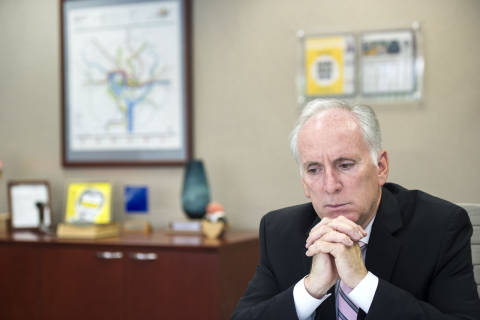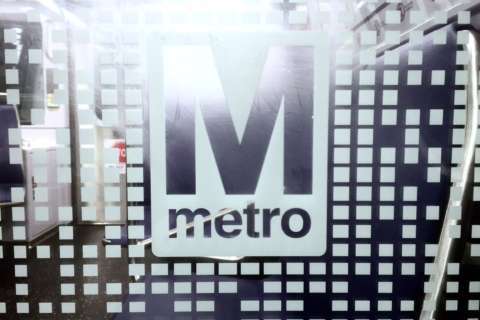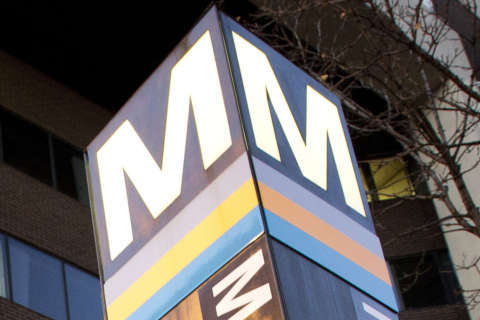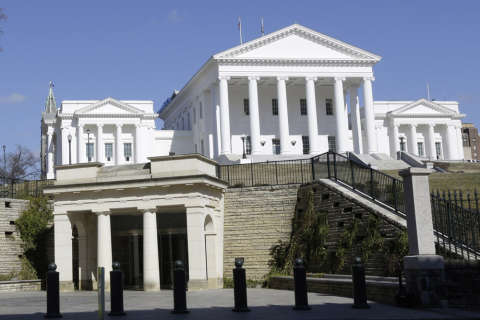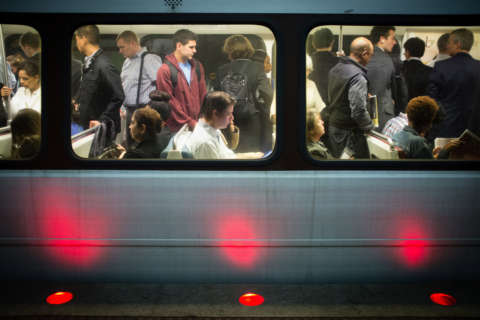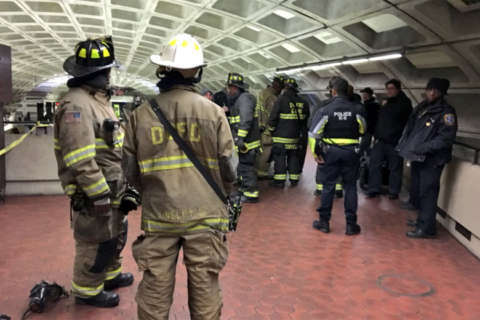WASHINGTON — Metro would get billions more in federal funding in exchange for a more powerful inspector general and better service under a new proposal to be introduced in Congress.
The region’s Democrats led by Virginia Rep. Gerry Connolly are proposing to continue current federal funding of $150 million per year for capital projects, but would add another $50 million per year to support Metro’ operations for the first time plus $2 billion in additional cash over 20 years.
The proposed funding is dependent on a more independent inspector general, and that Metro would meet targets set by the U.S. Department of Transportation for better, safer, more cost effective service.
Among other competing proposals on Capitol Hill, Virginia Republican Rep. Barbara Comstock’s bill would require different reforms and provide significantly less money than the Democrats’ new proposal. She is the only Republican in Congress whose district includes a Metro station.
Even that bill has yet to have a hearing in the Republican-led House, so the prospects for the Democrats’ bill appear dim at best. Comstock opposes the latest proposal.
“It’s unfortunate that in the 9 years it took Gerry Connolly to write an 8-page bill, he failed to include any of the substantial management, financial or pension reforms advocated on a bipartisan basis by numerous transportation experts and Metro advocates who have been working for years to seriously improve and reform the system. Throwing billions more at Metro without defined reforms is a dead on arrival strategy,” Comstock said in a statement.
General Manager Paul Wiedefeld has said additional money is needed beyond current levels to pay for maintenance and repairs that were put off for decades.
Without additional federal money, local taxpayers would have to foot the bill alone. Maryland, Virginia and D.C. are considering legislation to boost their share of dedicated funding for Metro.
The co-sponsors of the newly introduced bill with Connolly are Maryland’s Steny Hoyer, Jamie Raskin, Anthony Brown and John Sarbanes; Virginia’s Don Beyer; and D.C. Del. Eleanor Holmes Norton.
Raskin and Brown had also introduced their own Metro bill that tracked transit union recommendations.
A separate bill from Maryland Democrat John Delaney would require changes to Metro’s collective bargaining structure and the size of Metro’s Board in exchange for an extra $750 million over 10 years.

